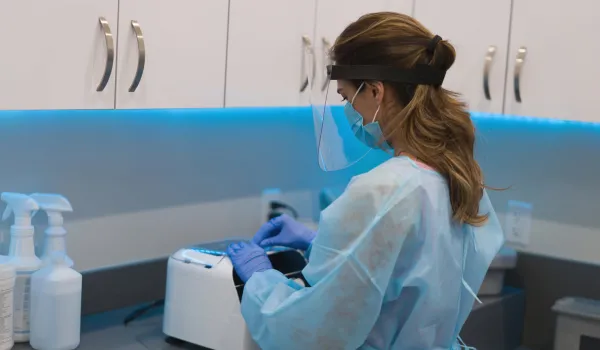Concorde Staff

As the temperatures rise, many people head to the water to find relief from the heat. But in doing so, they are often exposing themselves to an unseen threat to their health living right in their water parks and backyard pools. Health professionals call this recreational water illnesses, or RWI.
WHAT CAUSES RWI?
Recreational water illness is caused by germs and chemicals found in recreational bodies of water such as the pool, hot tub, interactive fountains, water parks, beaches, lakes, rivers and oceans. Remember, natural bodies of water can be contaminated with sewage or feces from animals or humans.
Unfortunately, even if chlorine levels are optimal, once the germs have become established, it can take anywhere from minutes to many days for the chlorine and other pool chemicals to kill germs. In the meantime, swimmers are exposed to living and active germs that can cause illness.
COMMON EFFECTS OF RWI
The most common complaint of most RWI sufferers is diarrhea, often lasting 2-3 weeks. But RWI is responsible for a wide variety of infections that affect the eyes, ears and skin, as well as the gastrointestinal, respiratory and neurological systems.
Examples of germs that cause diarrheal illnesses include:
- Cryptosporidium, often referred to as Crypto
- Giardia
- Shigella
- E. coli
- Norovirus
RWI INCIDENCE IS INCREASING
In the last two decades, RWIs have been on the rise with Crypto being especially prevalent. It can remain viable for days, even in well-maintained pools. Fortunately, most germs responsible for RWIs are not as resistant to pool chemicals, and can be kept at bay as long as the water is maintained properly. However, in a 2010 CDC study it was discovered that one in eight public pools failed inspections due to serious code violations including inadequate chlorine levels.
The germs that cause RWIs are spread by swallowing, breathing in the mists of, and even just coming into contact with water that is contaminated.
KEEPING RWIS AT BAY
So, what can you do to keep you and your family healthy and safe while enjoying the water? According to the CDC, the following measures should be observed:
- Do not get in the water if you have diarrhea within the last two weeks
- Take a shower before getting in the water
- Do not urinate or defecate in the water
- Do not swallow the water
The CDC also recommends the following be done hourly:
- Take a bathroom break and wash your hands before re-entering the pool
- Check and change diapers and wash your hands before re-entering the pool
- Reapply sunscreen
- Drink plenty of fluids
Many facilities require swimmers to shower with soap prior to entering the water. Make sure children have thoroughly washed all body parts before entering the water.
If you own a pool or hot tub and want more information about how to prevent Crypto and other recreational water illnesses, check out these CDC guidelines: Information for Aquatics Staff. These are the behaviors that will help keep everyone healthy and safe in the pool this summer.

Take The Next Step Towards a Brighter Future
We have a Concorde representative ready to talk about what matters most to you. Get answers about start dates, curriculum, financial aid, scholarships and more!



